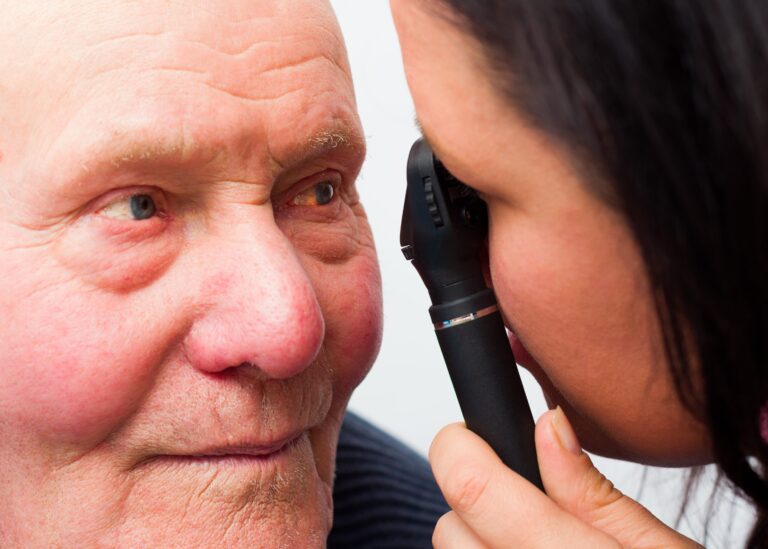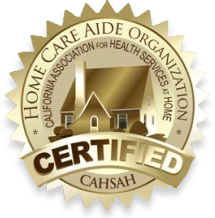Symptoms of Glaucoma Seniors Should Know
January is Glaucoma Awareness Month and now is the time to learn more about the symptoms of glaucoma. Your senior parent should be getting regular eye exams and vision screenings every year. But, if your senior parent starts experiencing any of the symptoms of glaucoma, you should make sure they see an eye doctor right away.
Glaucoma can often be treated if it’s caught early. But once a senior loses their vision to glaucoma there’s no reversing that damage. If you can’t be with your senior parent every day they should have In-Home Care. In-Home Care can help your senior parent live safely and comfortably at home. And an In-Home Care provider can help your senior parent track any symptoms of glaucoma like these:
Poor Peripheral Vision
One of the most common early symptoms of glaucoma is gradual loss of peripheral vision. Seniors may not notice their peripheral vision fading at first, but as their field of vision narrows it can cause permanent tunnel vision if it’s not treated.
Blurred or Hazy Vision
Another common early symptom of glaucoma is blurry vision. Usually this is intermittent. Your senior parent may notice that the TV looks blurry, or they may have trouble reading words on a page or focusing on objects.
Halos Around Lights
Glaucoma can cause the perception of halos around lights, especially at night. This phenomenon can make it challenging to see clearly in low-light conditions and may contribute to an increased sensitivity to glare. Seniors with astigmatism might not recognize this halo effect as a symptom of glaucoma, as it is similar to their usual vision without glasses.
Eye Pain and Headaches
Headaches can be caused by many things. But, if your senior parent starts to have more frequent headaches accompanied by eye pain or irritation they should see an eye doctor to get screened for glaucoma.
Red Eyes
Redness within the eye can be the result of increased pressure in the eye due to glaucoma. As the pressure inside the eye raises the blood vessels in the eye can enlarge or burst, causing redness.
Nausea and Vomiting
Advanced glaucoma can cause nausea or vomiting and severe eye pain. Get medical help immediately if your senior parent has severe eye pain, nausea, or vomiting.
Cloudy Eyes
If your senior parent’s eyes start to change color or look cloudy or filmy that is a definite sign of glaucoma. Get them to an eye doctor immediately.
Frequent Changes in Glasses Prescription
If your senior parent needs to update their glasses prescription every year, or even more frequently, it could indicate a symptom of glaucoma. Typically, eyes don’t change so much that prescriptions need changing every year or more than once a year. If you are taking your senior parent to get their eyes checked often make sure that the eye doctor is screening for glaucoma as part of the exam.
Asymmetrical Pupils
It can look scary, but uneven dilation of the pupils is a common symptom of glaucoma. If you notice that one of your senior parent’s pupils is larger than the other you should make an appointment at the eye doctor for them. High intraocular pressure caused by glaucoma could be making one pupil dilate more than the other.
If you or an aging loved one are considering hiring In-Home Care in Care Manteca, CA, contact the friendly staff at Home Care Professionals today. Call (866)-940-4855
- Liver Cancer Symptoms and Risk Factors - April 24, 2025
- Seven Indicators That Your Loved One Could Benefit from 24-Hour Home Care - April 18, 2025
- Creating Visual Cues to Support Independence for Seniors With Alzheimer’s - April 9, 2025




